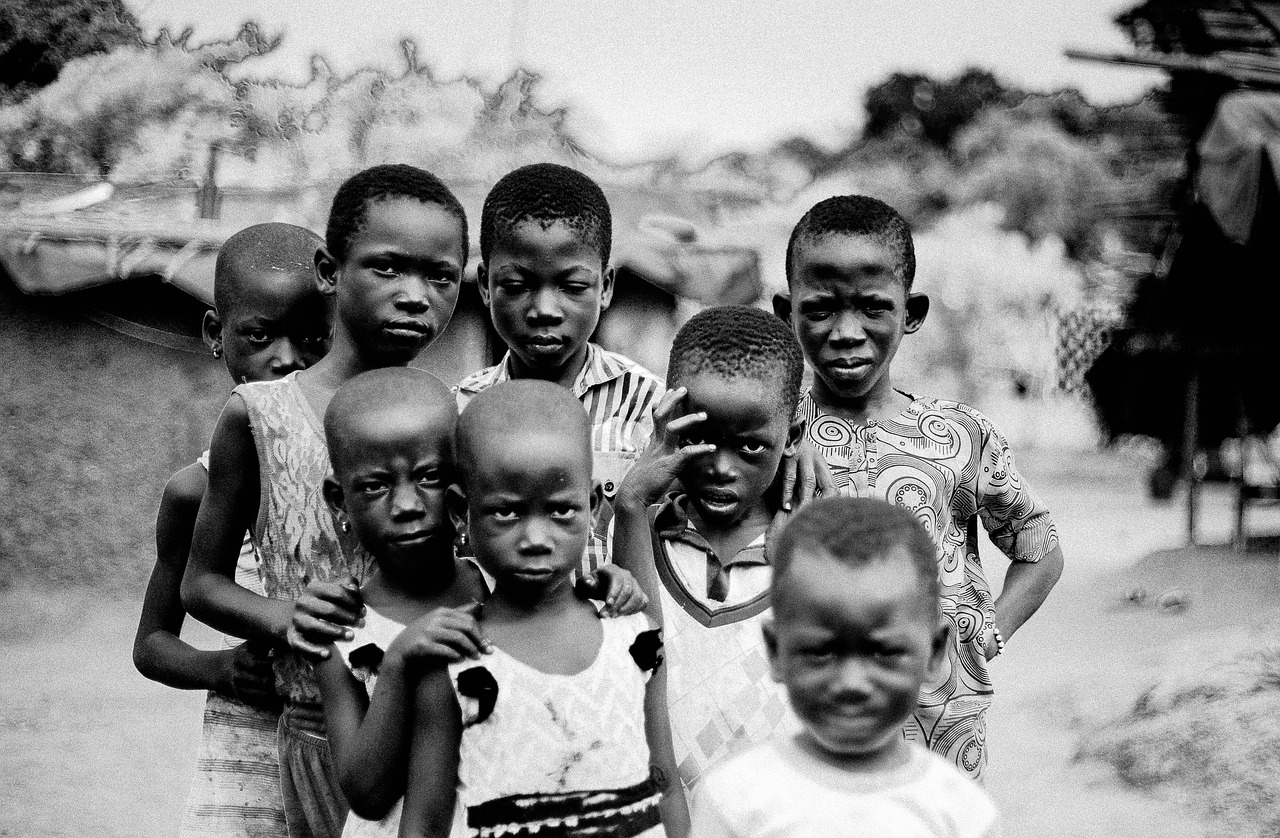Democracy is described universally as “a system of government in which power is vested in the people, who rule either directly or through freely elected representatives. It is characterized by principles such as political equality, majority rule, and the protection of minority rights.”
Nigeria, in its own political context, has narrated its own story, time and time again as the story of an individual who always has interest in accepting everything that appears foreign and good – just like Democracy!
But rather than use it wisely, she chooses to misrepresent its values and then exploit such misrepresentation to the selfish advantage of dark desires which can only see to the progress of his few at the expense of his many.
In order to quell the sheer petition of the left-out who are the suffered ‘many’, she turns and asks them to turn, instead, on to God for emendations, while the few enjoy the bounties of dark desires!
Contents
Democracy and God
Unlike advanced countries like India who’s presently hijacking the pace of technological growth from China’s ever vibrant reputation – depending absolutely on revolutionary intellectual efforts, Nigeria and Nigerians have indulged the belief that only God can help.

At least, that may be the reason for why there is another democracy called the Nigerian democracy.
This can then speak for why political concept like Democracy has been left to fend for itself without practically putting in human mental and physical energy.
Since the great scramble for Africa in the dining hall of Berlin, fast forward to the passing down of the so-called political autonomies, no African country has hitherto exercised true world class political development both in its system of transitioning power and in policy making.
Nevertheless, exceptions are with a number of African nationalities such as Botswana who has since 1966 being maintaining democratic values in its politics, or Namibia whose political transparency has, in almost four decades, remained an epoch to reckon. Or the Mauritian religious devotion to carrying out peaceful election.
Each of these countries, though not satisfactorily developed as anyone who comprehend the potential details of the continent would have anticipated, yet can be identified as exemplary leaders in the marshy field of African conception and practice of democracy, a different concept opposite to the Nigerian democracy.
June 12: The Only Democratic Hallmark
In 2018, former president Muhammad Buhari declared June 12 as the new date for the celebrations of Democracy in Nigeria. Moved from May 29, this declaration was in commemoration of the one free and fair election that almost ushered Moshood Abiola in as president then.
Unfortunately, the election was not successfully free and fair as the Nigerian political historians would have us believe. After announcing his victory at the ballot, instead of enjoying his right to grabbing the mace of leadership, Moshood Abiola was eventually denied the right to his political election till he died in 1998.
So, how has the Nigerian democracy taken its turn since then?
The Turn
If Nigerians agree, does Nigeria itself agree that it is run on a system of government which is led by an elected government whose primary responsibility is to represent the interest of both the majority and the minority of a particular polity without bias?
The truth before us is a travesty of the original kind of democracy practices in other worlds.
Countries with significant political developments like the USA, UK, Germany, etc., despite their internal political disagreements, estimable examples of democracy. Their various people-biased policies, irrespective of some manageable cons, have over the time exemplified the growth and development potentials of democracy.
The evidence is obvious. They are living the life as a nation and enjoying the benefits as citizens.
The question ought not to be asked as we already know the answer. Nigeria is right now the opposite of that ‘obvious’.
25 Years and Nothing Democratic
But it’s 25 years since the transition of power from military-ruled regimes in 1999, thanks to General Abdulsalam Abubakar. Many say the juice has not changed its bile taste. A poor taste that has taken its toll on the populace.
Today is June 12. Because the Nigerian government declared it a holiday for the celebration of Democracy Day.
A celebration amidst a no-pocket friendly inflationary cost which has bred an aggravated poverty through hikes in fuel prices, outrageous electricity tariffs, and food insecurity.
Recent display of banditry by politicians who use the police and the cyber crime bill as tools of violence against media personnel is yet another open sore!
Protest on Democracy Day
In Lagos and cities like Osun, Ogun State among others, an #EndHunger protest is staged. It’s a counter-expression set at the seeming racket of the June 12, 2024 political celebration of Democracy.
What does this show?
Nigeria’s practice of democracy has failed in its workings. The result of which is the motive for the protesters’ peaceful convergence across its streets.
Democracy brings forth growth, development, and overall progress, just like we have occuring in Mauritius, Namibia, and the rest of the other world. It is often devoid of anti-masses policies and neoliberal penchant.
On the contrary, Nigeria is bereft of all these benefits. She cannot yet peep it. How could she when she’s not yet practising it?
That is why Nigerians have flown off the handle. They are outside on the street, demonstrating. They are inside slithering in hunger, and protesting.
It appears their interest is not represented. Democracy is not yet having its grasp.
